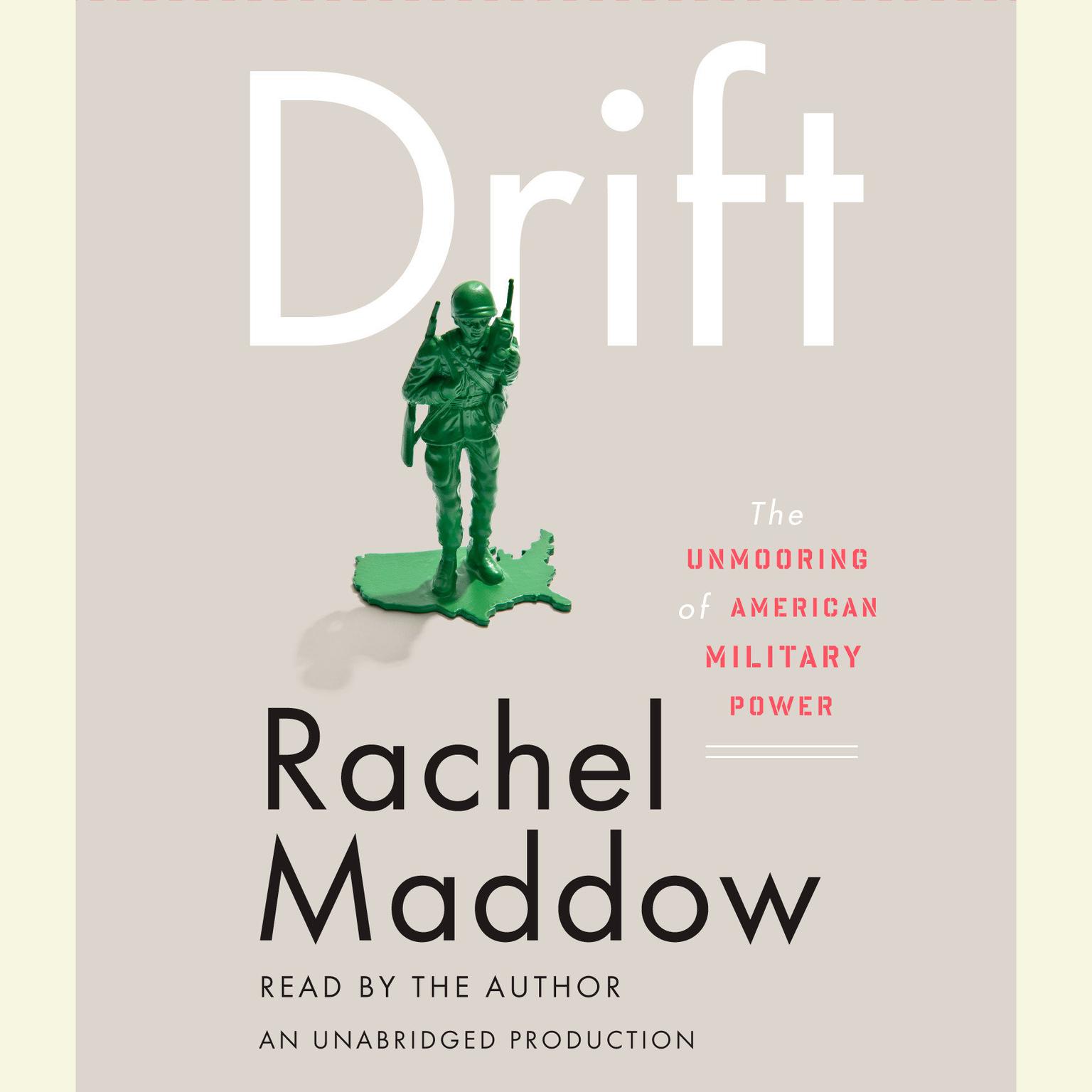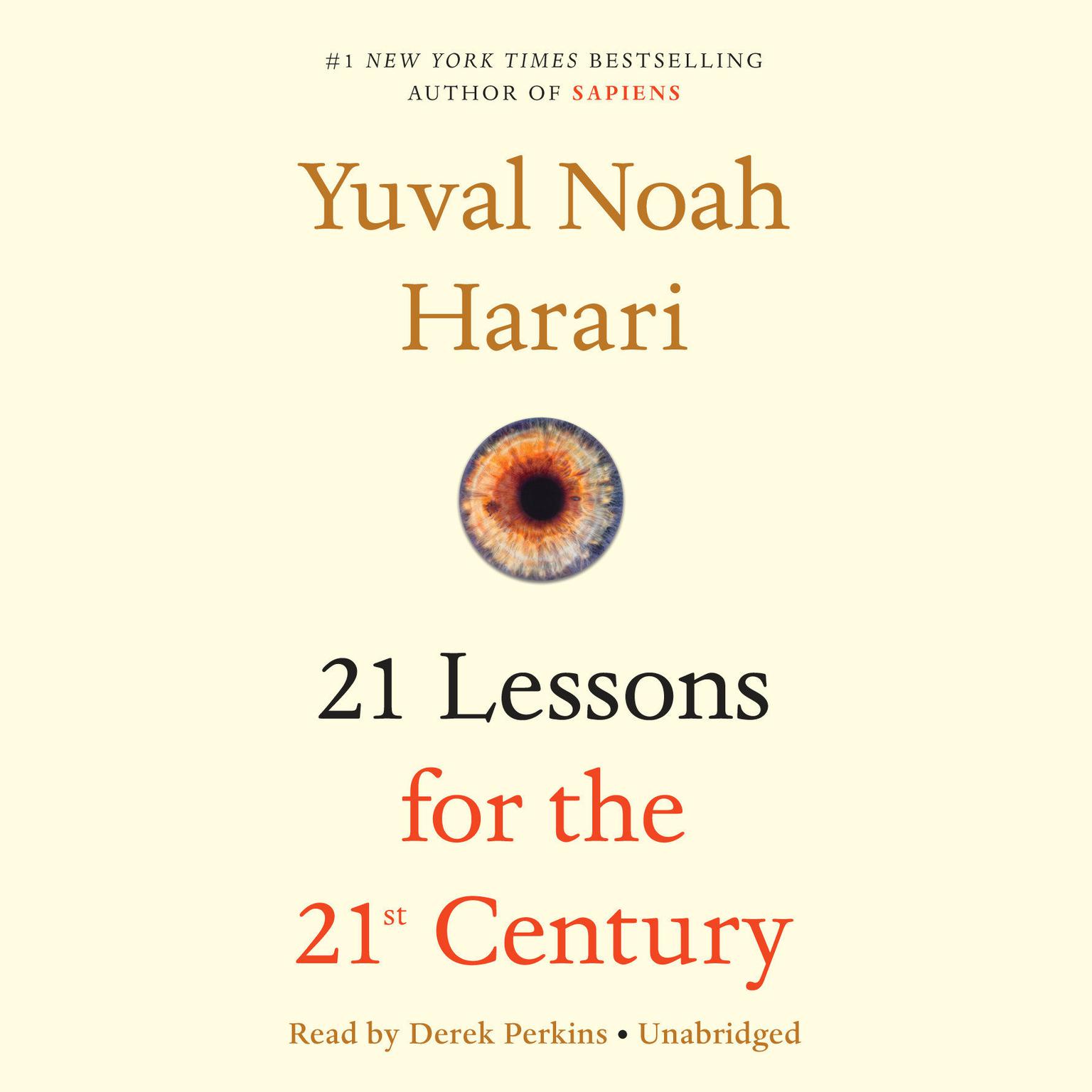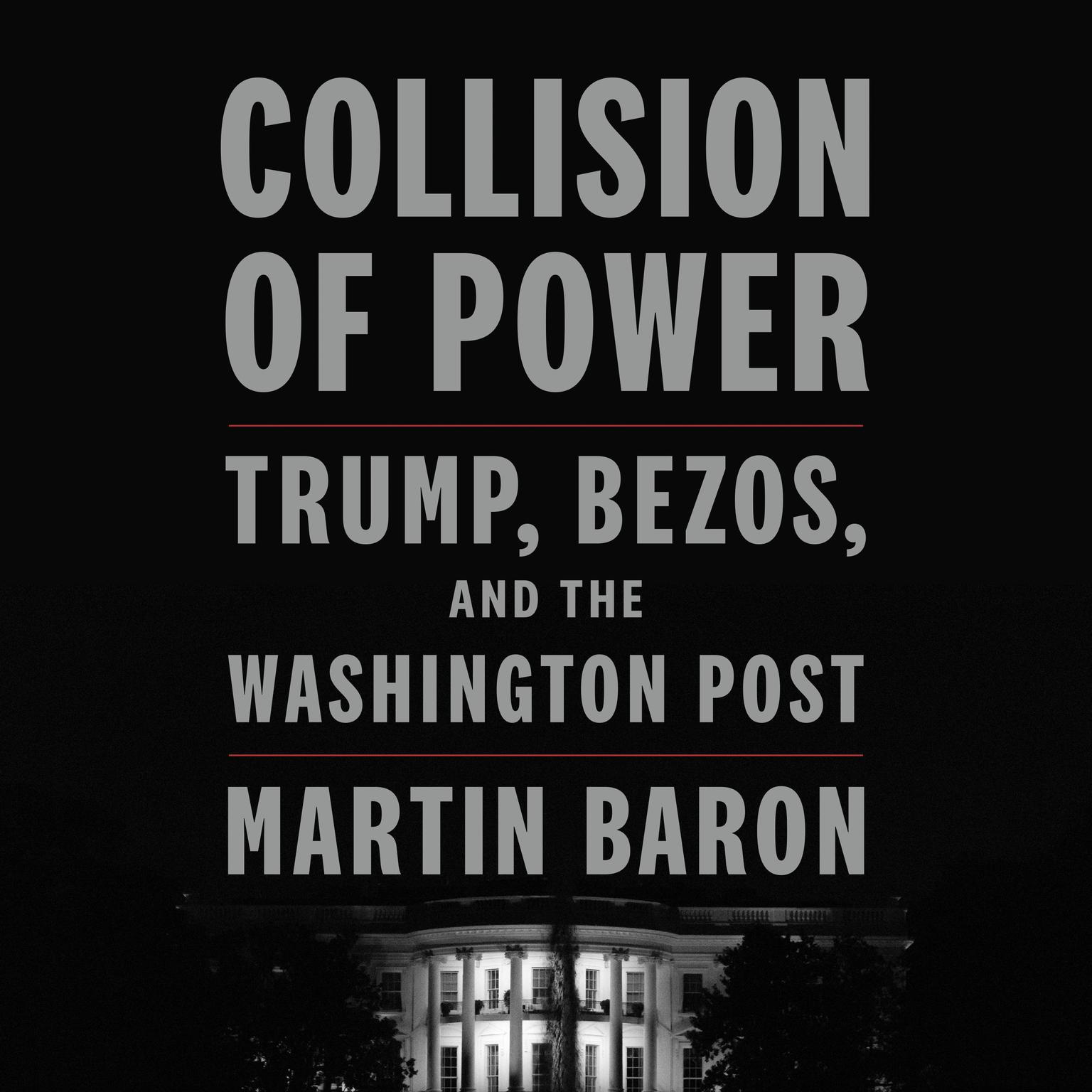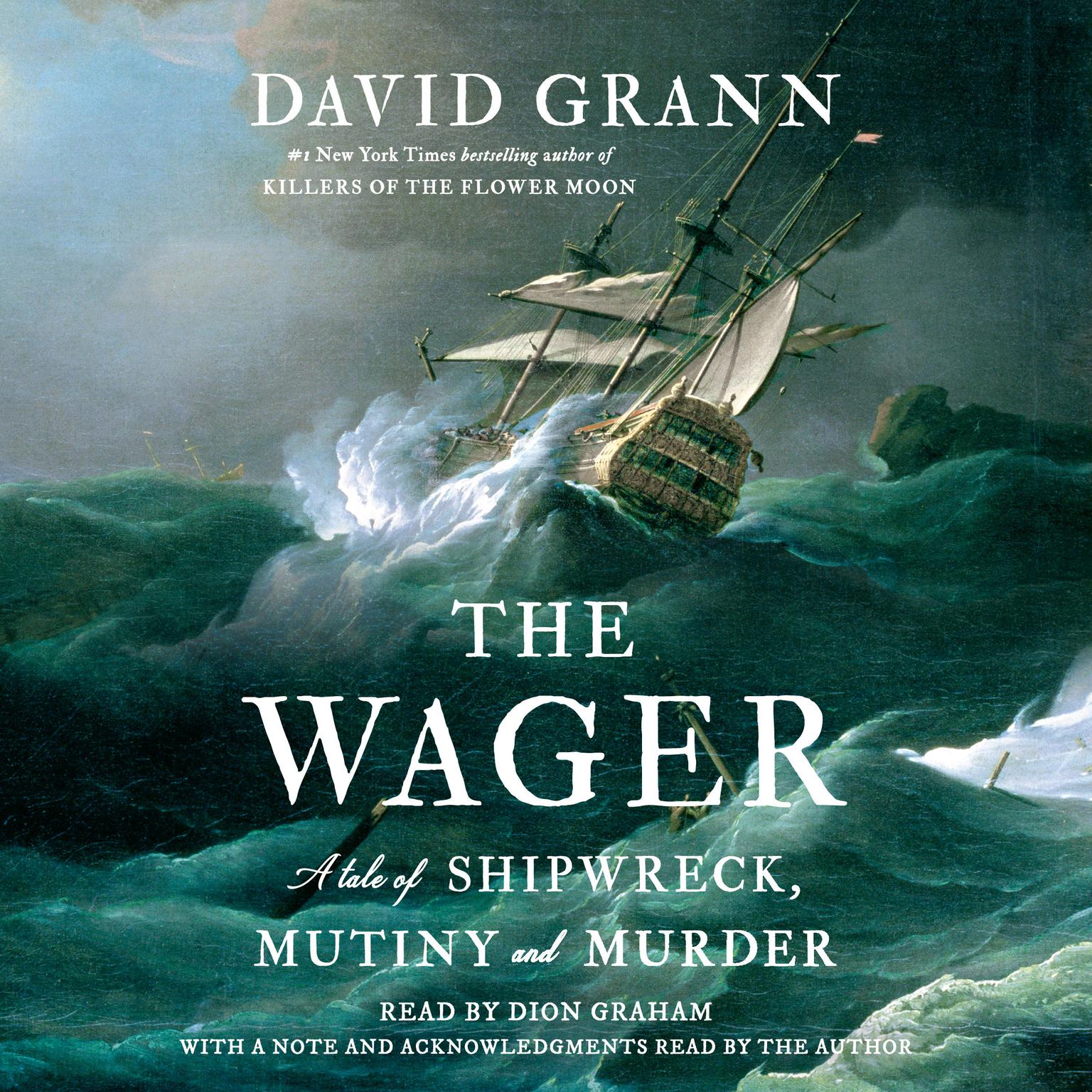Plot Summary
In Drift: The Unmooring of American Military Power, Rachel Maddow has written a book which goes into great detail to explain the ways in which American military strategy has changed in the last fifty years or so. President Lyndon Johnson’s cursory question, “You don’t think I oughta have a joint session, do you?” before doubling the number of forces in Vietnam is a good example of exactly the kind of “drift” Maddow sees occurring in American war practices. Obviously, Johnson was well aware of the fact that he ought to have consulted Congress before making this decision, but he didn’t.
Maddow argues that the same can be said for many other Presidents who have taking war-related decisions into their hands when the right thing would have been for them to be voted on in Congress. When Congress comes into the picture and the issue is debated, the public becomes more aware of what is going on with the military. However, when the decision rests solely with the President and even the Reserves and the National Guard are not involved, the public simply goes on with its own life and doesn’t have much to say about going to war with another nation.
Maddow examines the actions taken by Bush (senior and junior), Reagan and Clinton in this book, and it is Reagan who comes in for the most criticism because of his “unwavering and steadfast faith in the correctness of whatever came out of his own mouth.” She presents evidence that many people believed Reagan to be misleading the American public. As far as Clinton is concerned, she writes that he turned to private contractors in the Bosnian skirmish, which ended up undermining the Abrams Doctrine in which it is necessary to call up members of the Reserves and National Guard. Maddow is critical of the use of private contractors, and the move away from the Abrams Doctrine is what she is arguing against.
Maddow’s analysis of war strategy is in-depth and the reader will take away a great deal of information from this book that s/he didn’t previously have. Reading about several wars in the course of one book shows how there has been a pattern that it was more difficult to spot when reading about these wars separately.
Rachel Maddow was born in Castro Valley, CA; her father was in the US air force but later became a lawyer while her mother was a school program administrator. Maddow went to Stanford University where she studied Public Policy and Oxford University where she got her D.Phil. in Politics. She was the first openly gay person to win the Rhodes Scholarship. She began her communications career on the radio with appearances on various shows and finally, The Rachel Maddow Show, which began in 2005. By 2008, she had her own show on TV, which made her the first openly gay host of a prime-time news program in the U.S. Maddow lives with her partner, Susan Mikula; they divide their time between Manhattan and Massachusetts.
“Fantastic, readable, engaging look at recent history of how the U.S. military is deployed and prioritized. With her trademark wit and Gen-Xer irreverence (leavened, however, by intellect and investigative rigor), Rachel Maddow exposes how the military has morphed from a “whole nation” entity, with all the seriousness and sacrifice that entails, into a private-contractor-heavy, Presidentially-owned, mega-militia. The bit at the end about our nuclear arsenal is particularly chilling. For anyone wondering how the Iraq War happened the way it did — and all the steps leading up to it, from Reagan and Inran-Contra and beyond, this is THE book to have on your shelf (or e-reader).”
—
David (5 out of 5 stars)
Publisher Summary
The #1 New York Times bestseller that charts America’s dangerous drift into a state of perpetual war. “One of my favorite ideas is, never to keep an unnecessary soldier,” Thomas Jefferson wrote in 1792. Neither Jefferson nor the other Founders could ever have envisioned the modern national security state, with its tens of thousands of “privateers”; its bloated Department of Homeland Security; its rusting nuclear weapons, ill-maintained and difficult to dismantle; and its strange fascination with an unproven counterinsurgency doctrine. Written with bracing wit and intelligence, Rachel Maddow’s Drift argues that we’ve drifted away from America’s original ideals and become a nation weirdly at peace with perpetual war, with all the financial and human costs that entails. To understand how we’ve arrived at such a dangerous place, Maddow takes us from the Vietnam War to today’s war in Afghanistan, along the way exploring the disturbing rise of executive authority, the gradual outsourcing of our war-making capabilities to private companies, the plummeting percentage of American families whose children fight our constant wars for us, and even the changing fortunes of G.I. Joe. She offers up a fresh, unsparing appraisal of Reagan’s radical presidency. Ultimately, she shows us just how much we stand to lose by allowing the priorities of the national security state to overpower our political discourse. Sensible yet provocative, dead serious yet seriously funny, Drift will reinvigorate a “loud and jangly” political debate about how, when, and where to apply America’s strength and power–and who gets to make those decisions.
Download and start listening now!











